MIT AI News
Ray Kurzweil ’70 reinforces his optimism in tech p...
Receiving the Robert A. Muh award, the technologist and author heralded a bright future for AI, breakthroughs in longevity, and more.
MIT Schwarzman College of Computing and MBZUAI lau...
The MIT–MBZUAI Collaborative Research Program will unite faculty and students from both institutions to advance AI and accelerate its use in pressing scientific and societal challenges.
Using generative AI to diversify virtual training ...
New tool from MIT CSAIL creates realistic virtual kitchens and living rooms where simulated robots can interact with models of real-world objects, scaling up training data for robot foundation models.
Fighting for the health of the planet with AI
Assistant Professor Priya Donti’s research applies machine learning to optimize renewable energy.
Printable aluminum alloy sets strength records, ma...
Incorporating machine learning, MIT engineers developed a way to 3D print alloys that are much stronger than conventionally manufactured versions.
New prediction model could improve the reliability...
The approach combines physics and machine learning to avoid damaging disruptions when powering down tokamak fusion machines.
AI maps how a new antibiotic targets gut bacteria
MIT CSAIL and McMaster researchers used a generative AI model to reveal how a narrow-spectrum antibiotic attacks disease-causing bacteria, speeding up a process that normally takes years.
Martin Trust Center for MIT Entrepreneurship welco...
Bakshi will help shape and scale entrepreneurship education and platform at MIT.
Lincoln Lab unveils the most powerful AI supercomp...
Optimized for generative AI, TX-GAIN is driving innovation in biodefense, materials discovery, cybersecurity, and other areas of research and development.
Responding to the climate impact of generative AI
Explosive growth of AI data centers is expected to increase greenhouse gas emissions. Researchers are now seeking solutions to reduce these environmental harms.
AI system learns from many types of scientific inf...
The new “CRESt” platform could help find solutions to real-world energy problems that have plagued the materials science and engineering community for decades.
New AI system could accelerate clinical research
By enabling rapid annotation of areas of interest in medical images, the tool can help scientists study new treatments or map disease progression.
Improving the workplace of the future
Economics doctoral student Whitney Zhang investigates how technologies and organizational decisions shape labor markets.
MIT affiliates win AI for Math grants to accelerat...
Department of Mathematics researchers David Roe and Andrew Sutherland seek to advance automated theorem proving; four additional MIT alumni also awarded.
New tool makes generative AI models more likely to...
With SCIGEN, researchers can steer AI models to create materials with exotic properties for applications like quantum computing.
How are MIT entrepreneurs using AI?
This year’s delta v summer accelerator offered an up-close look at how AI is changing the process of building a startup.


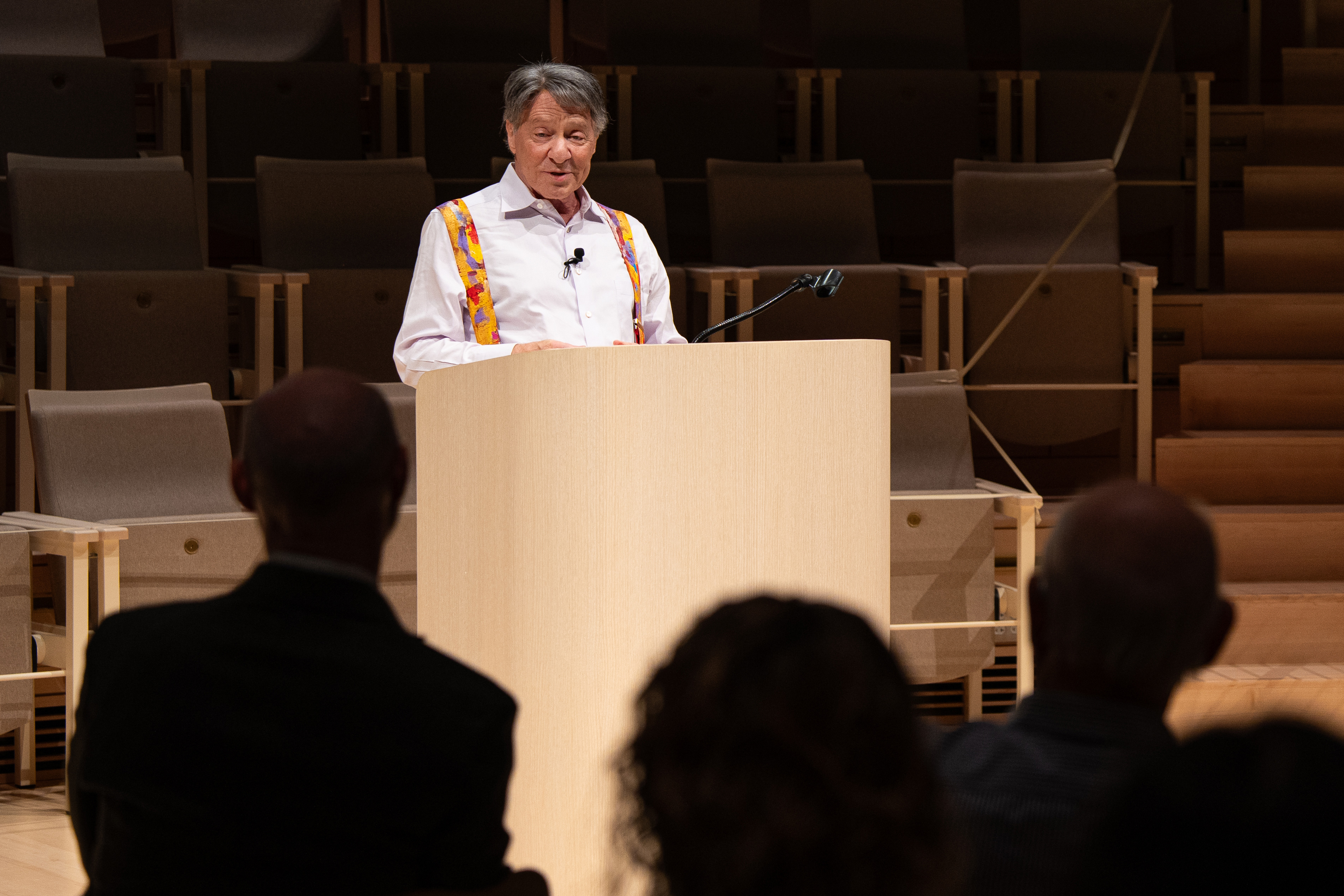

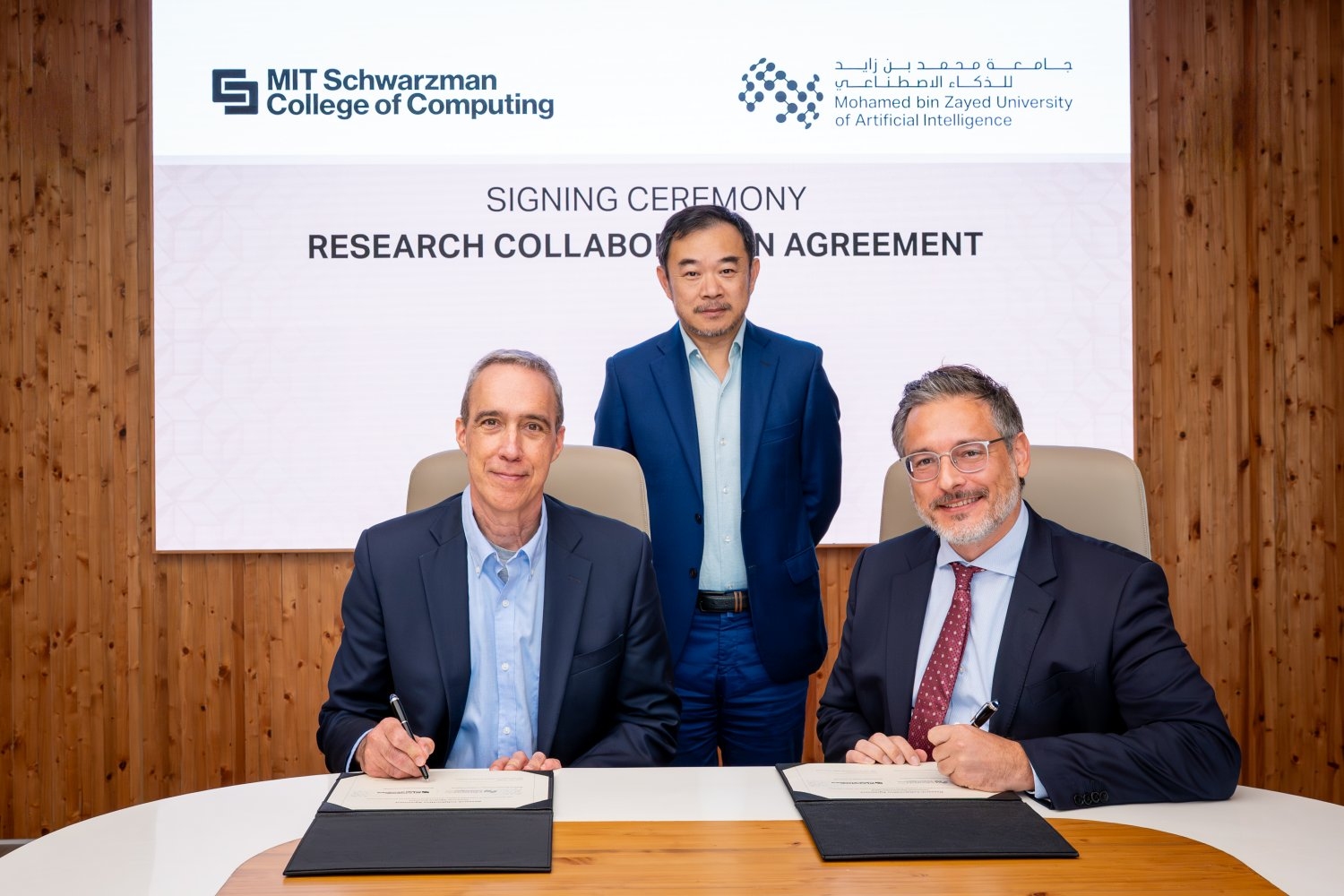

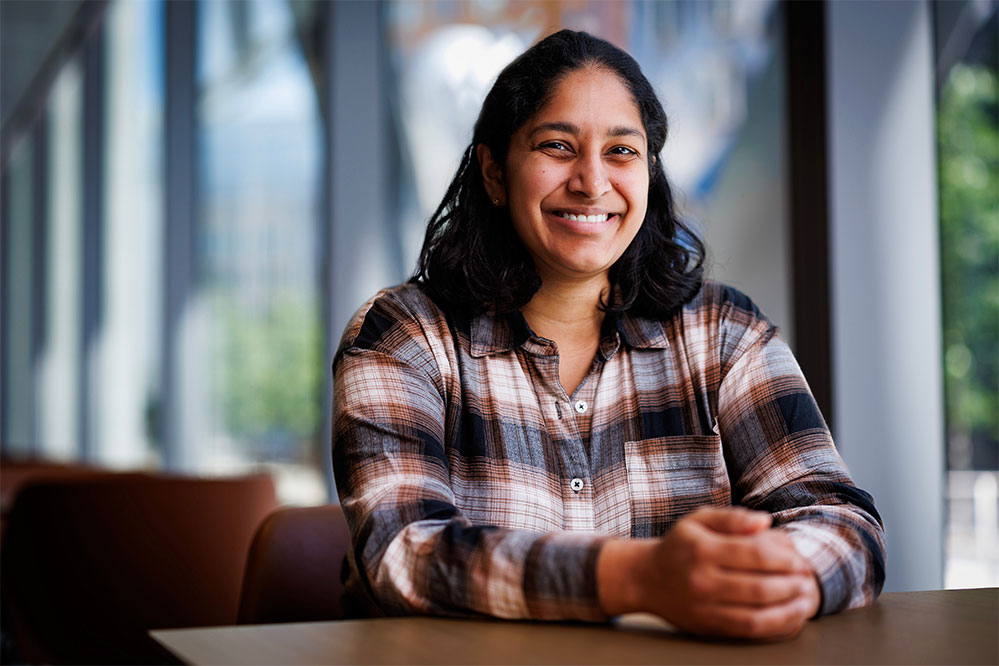
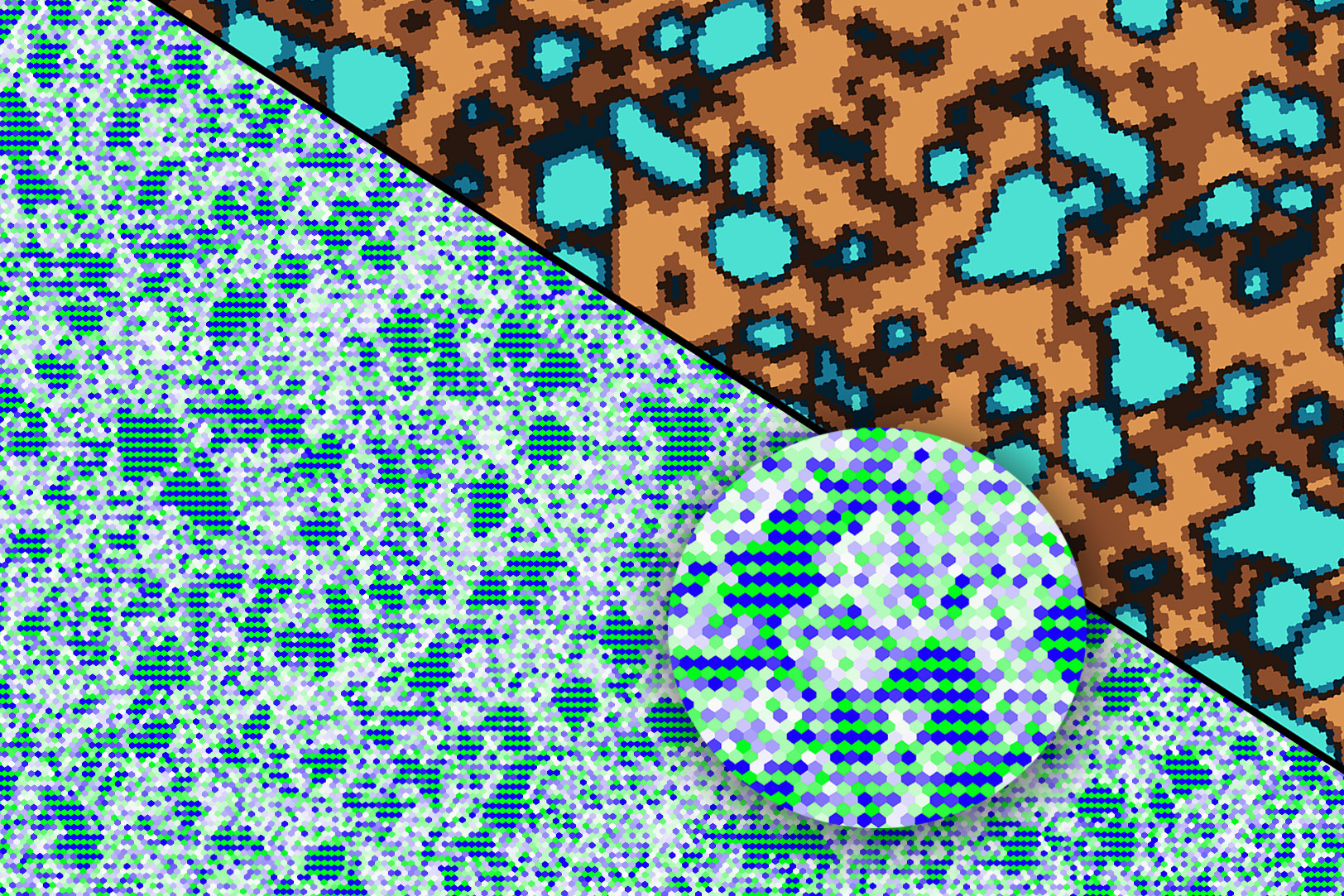
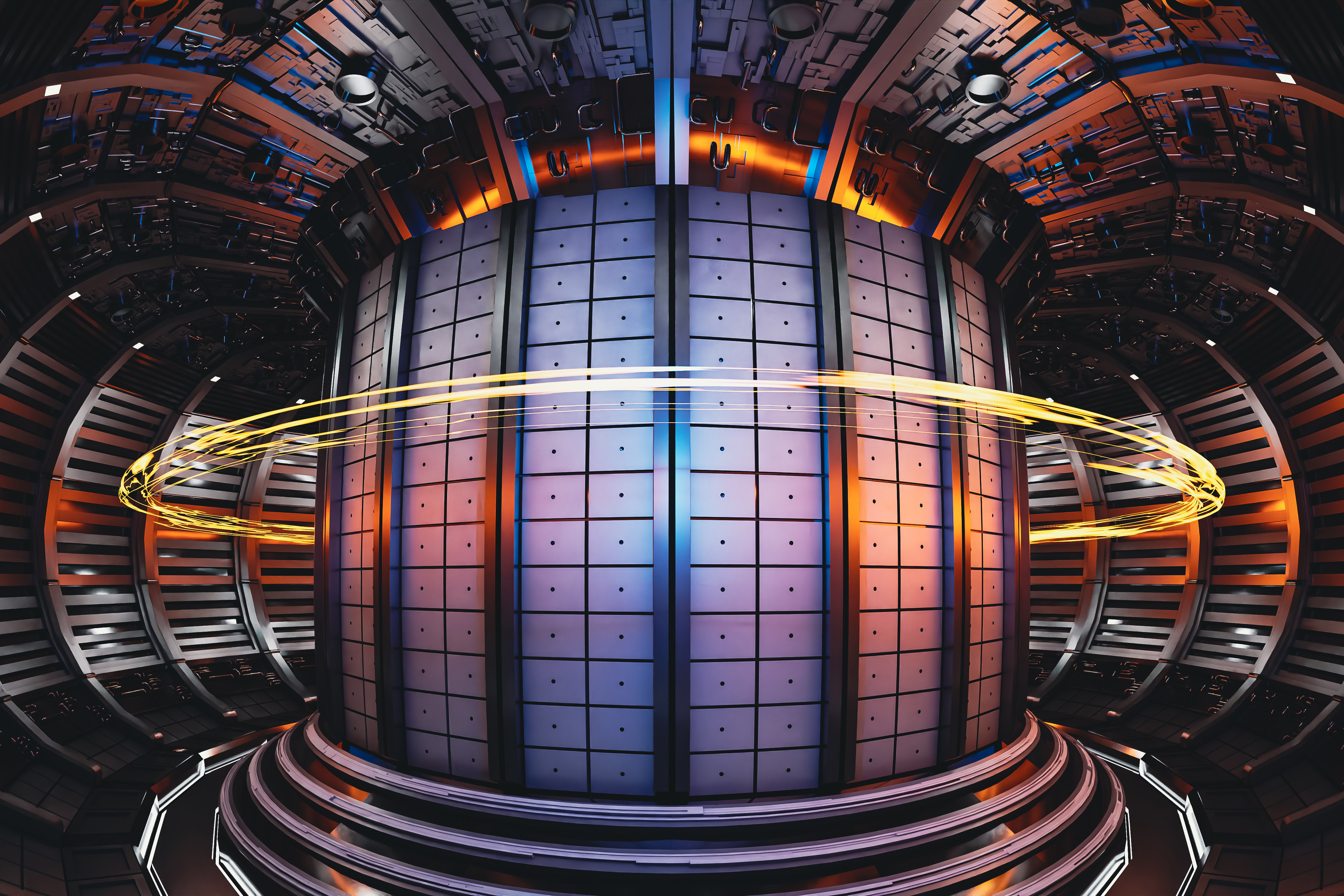
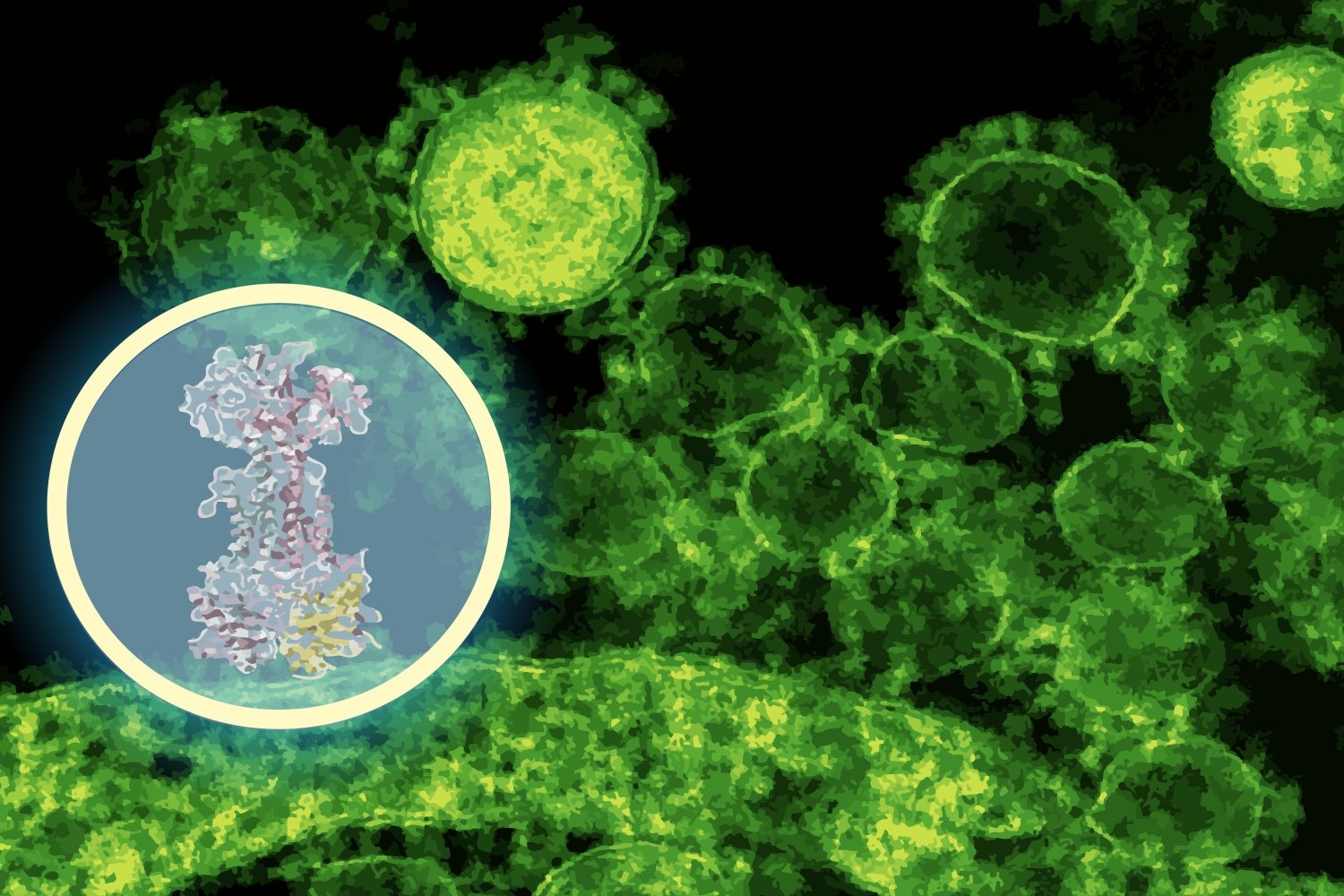
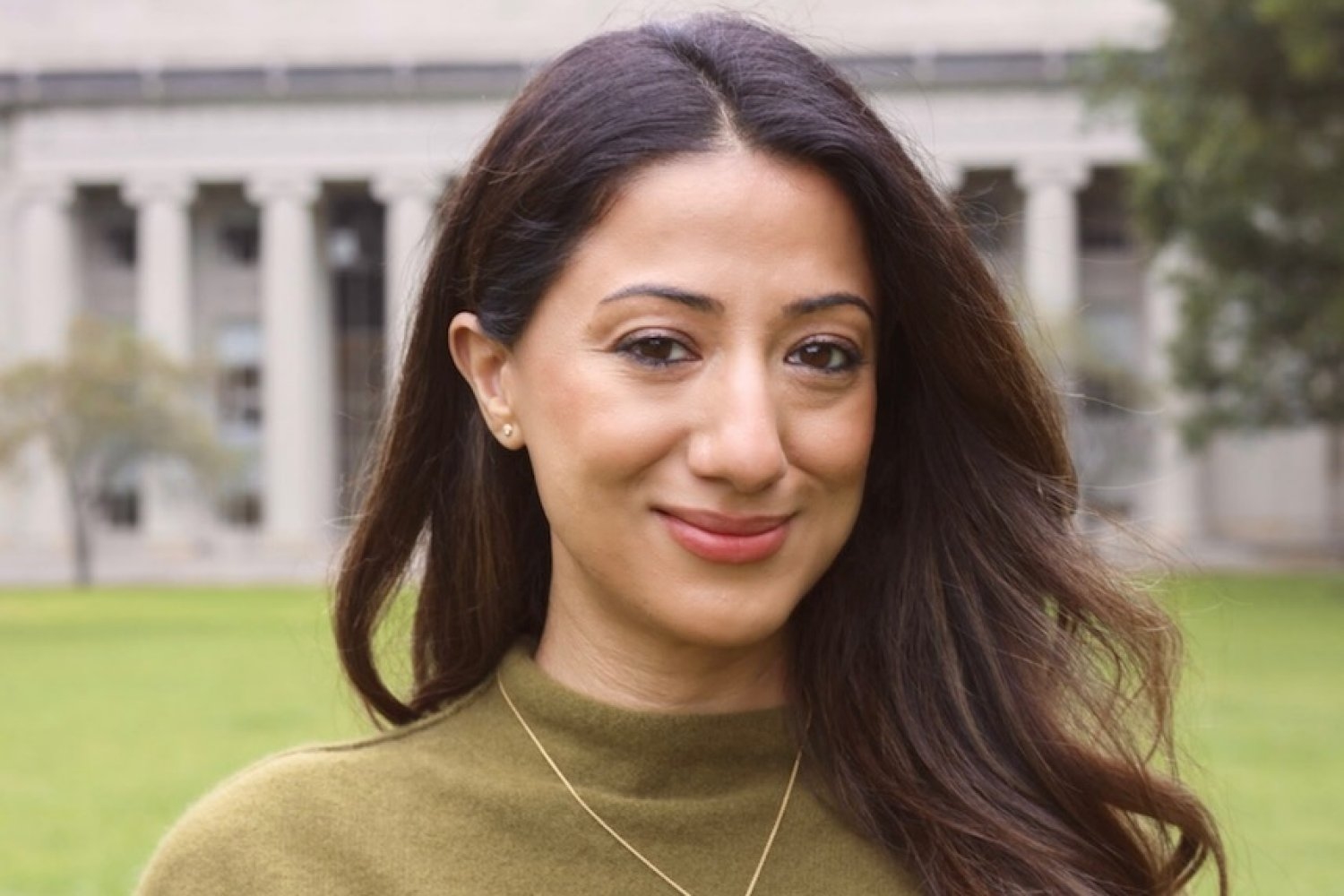
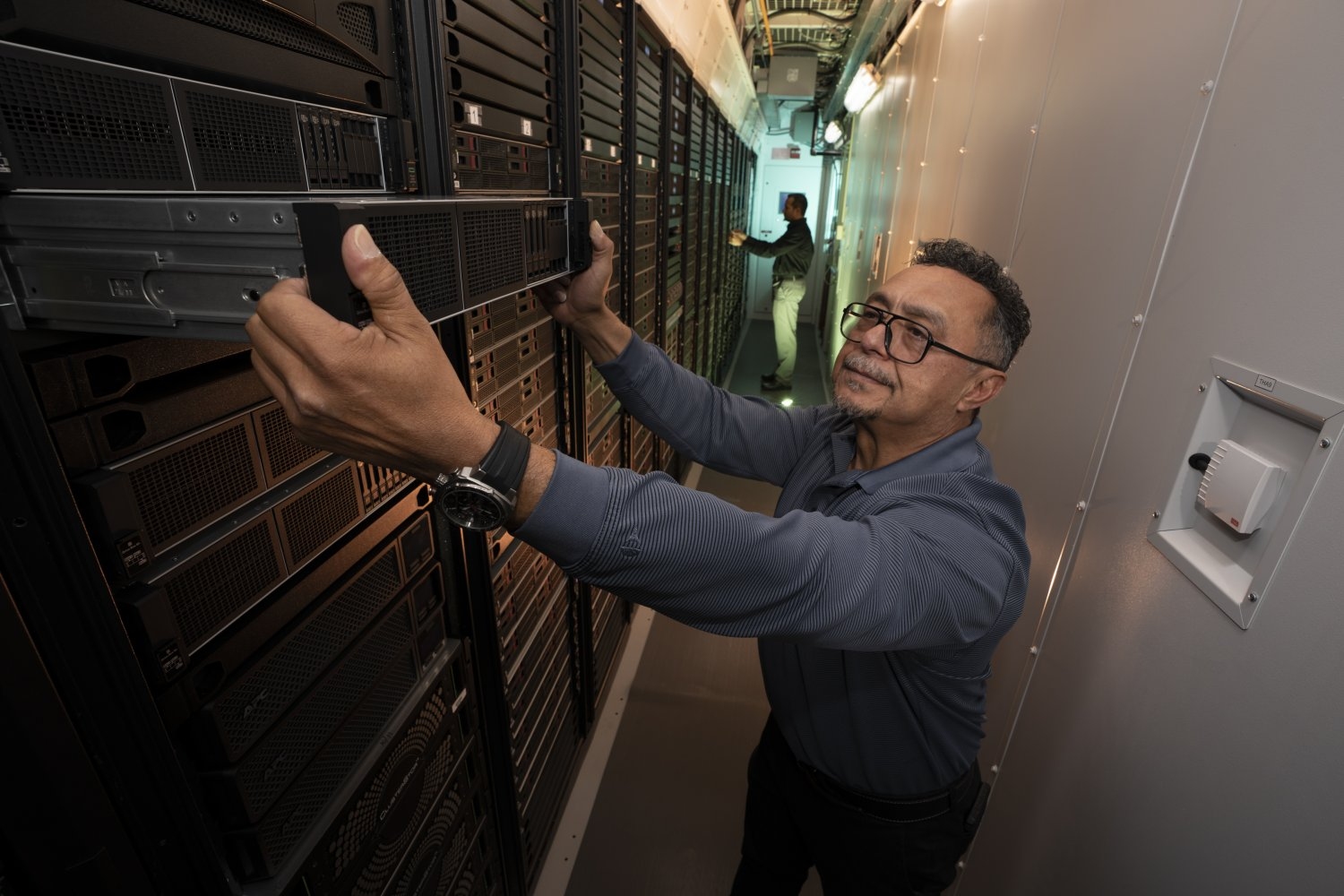

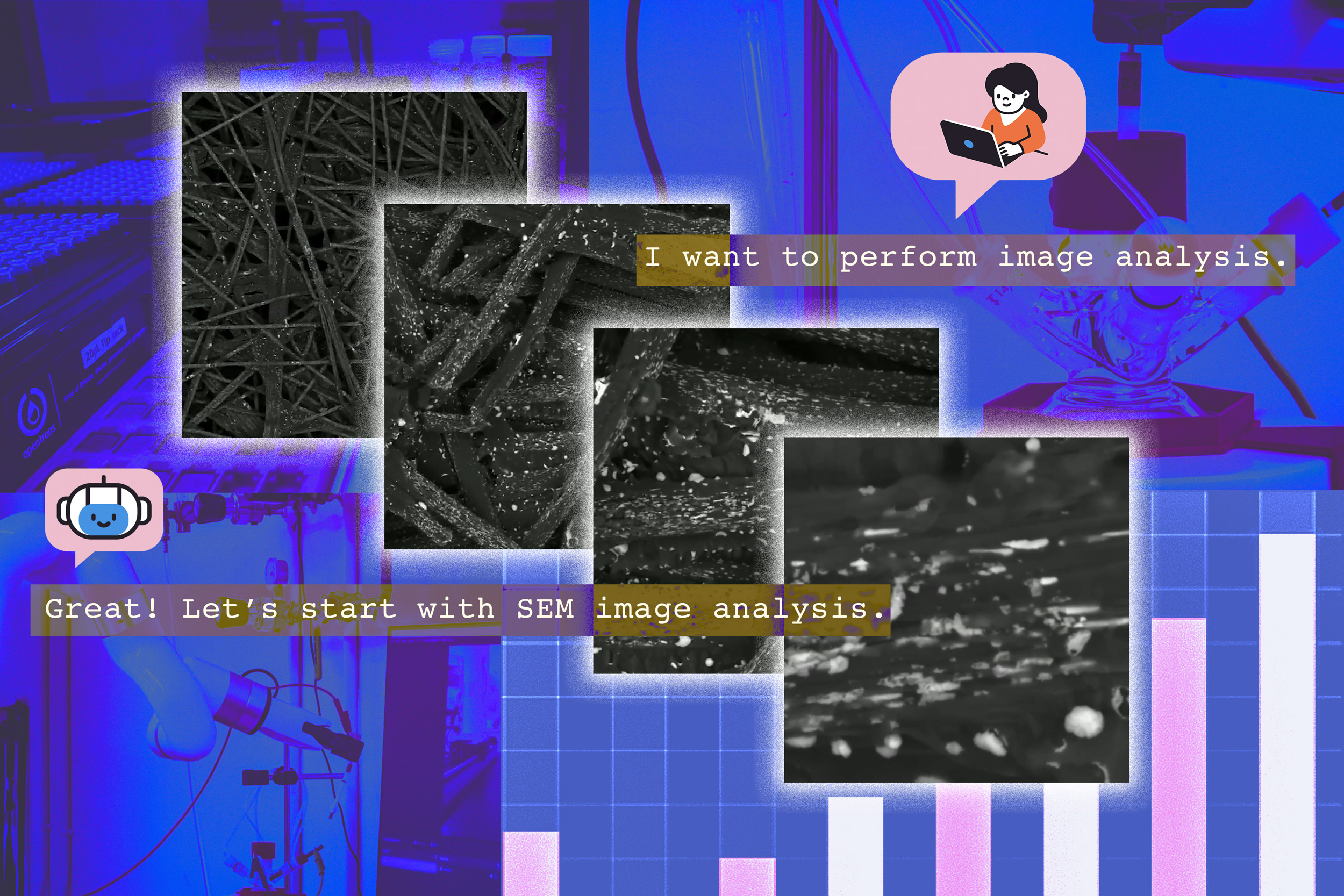
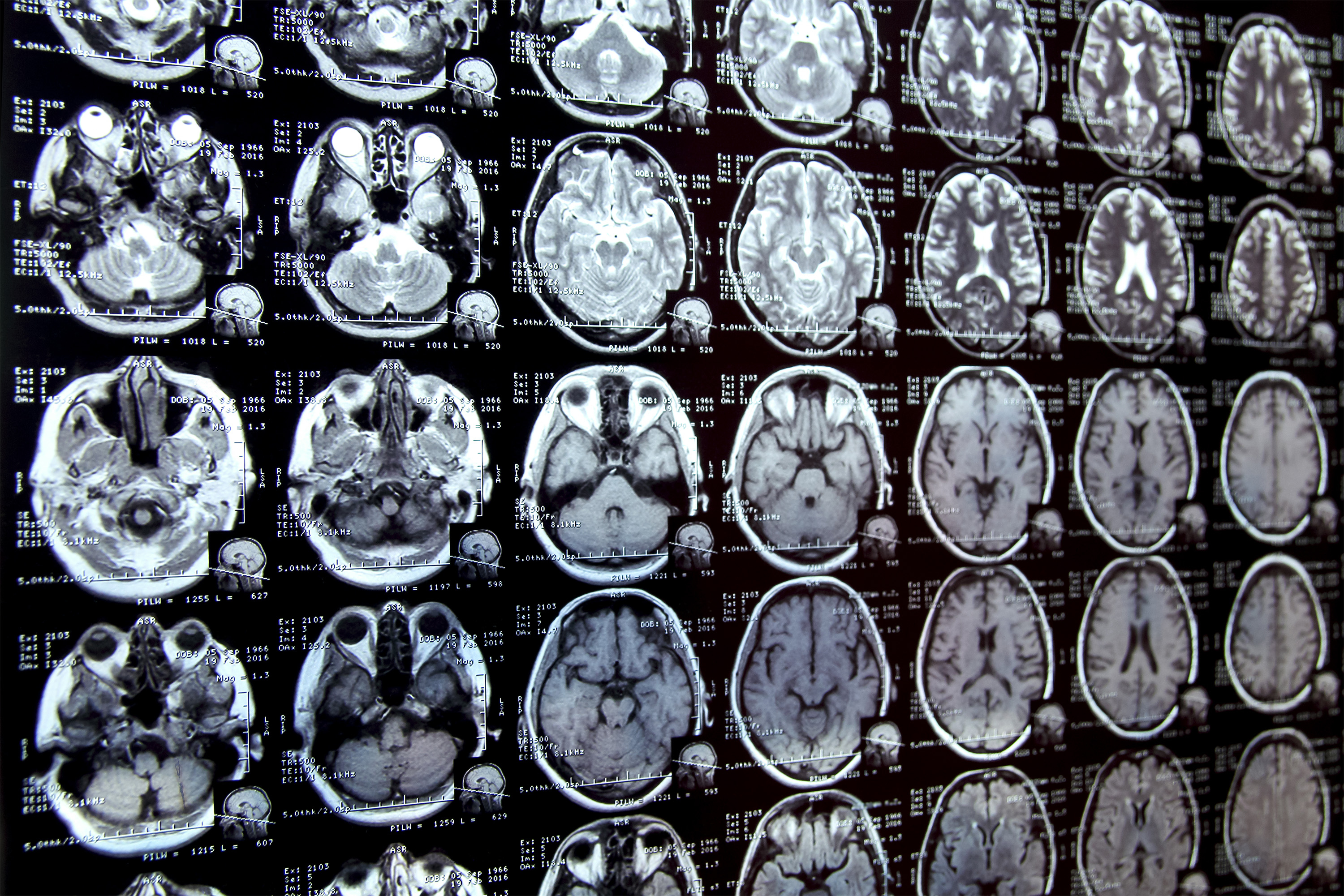
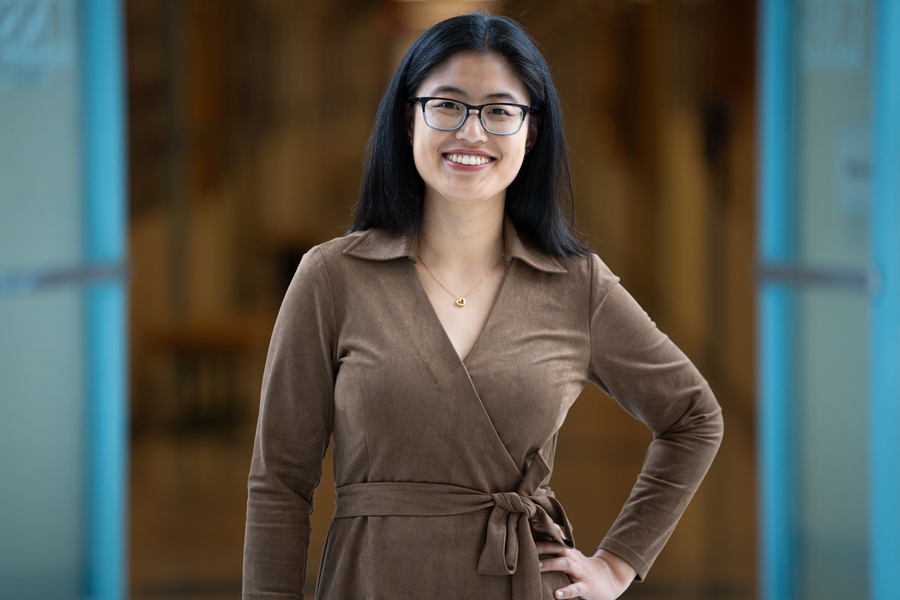
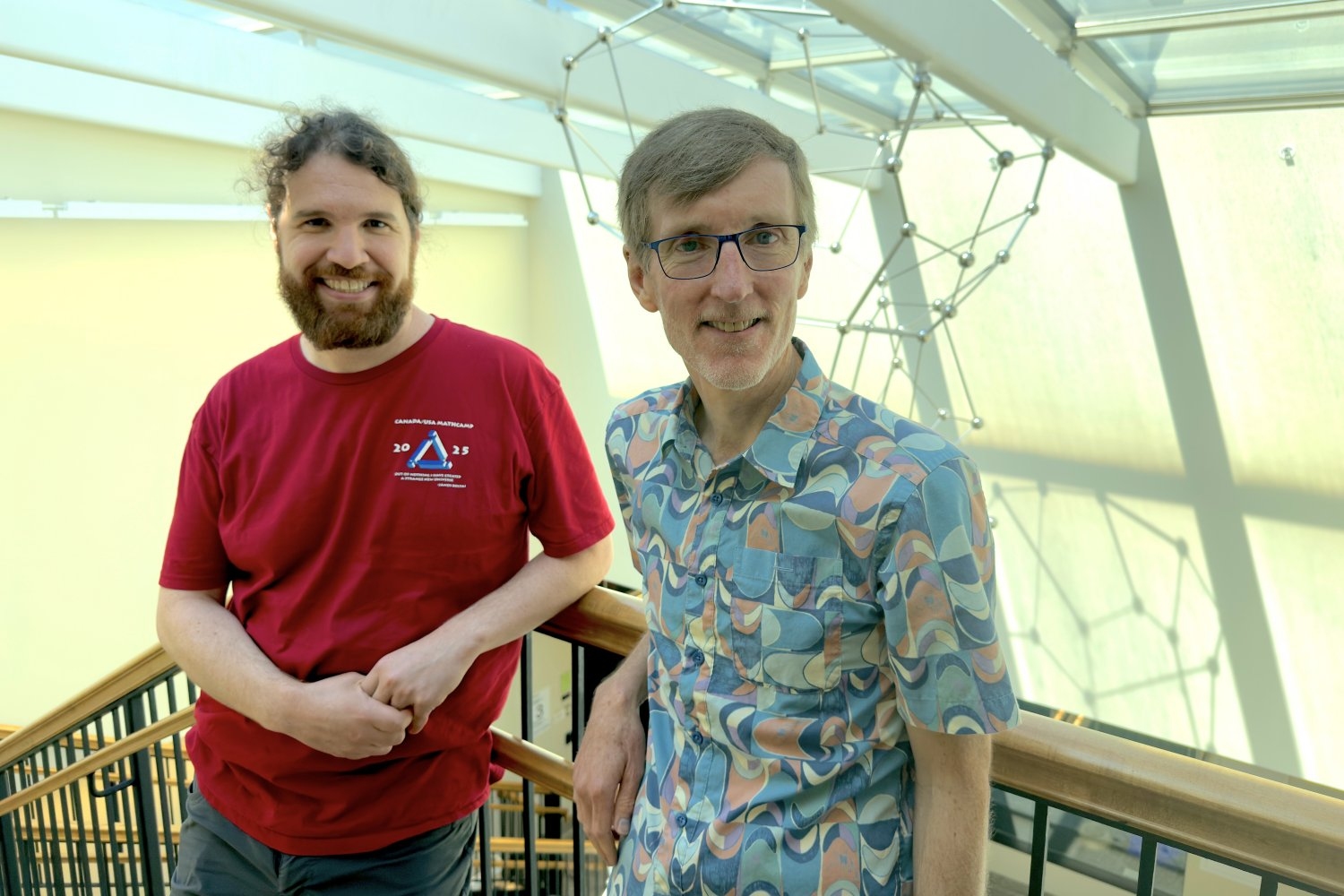
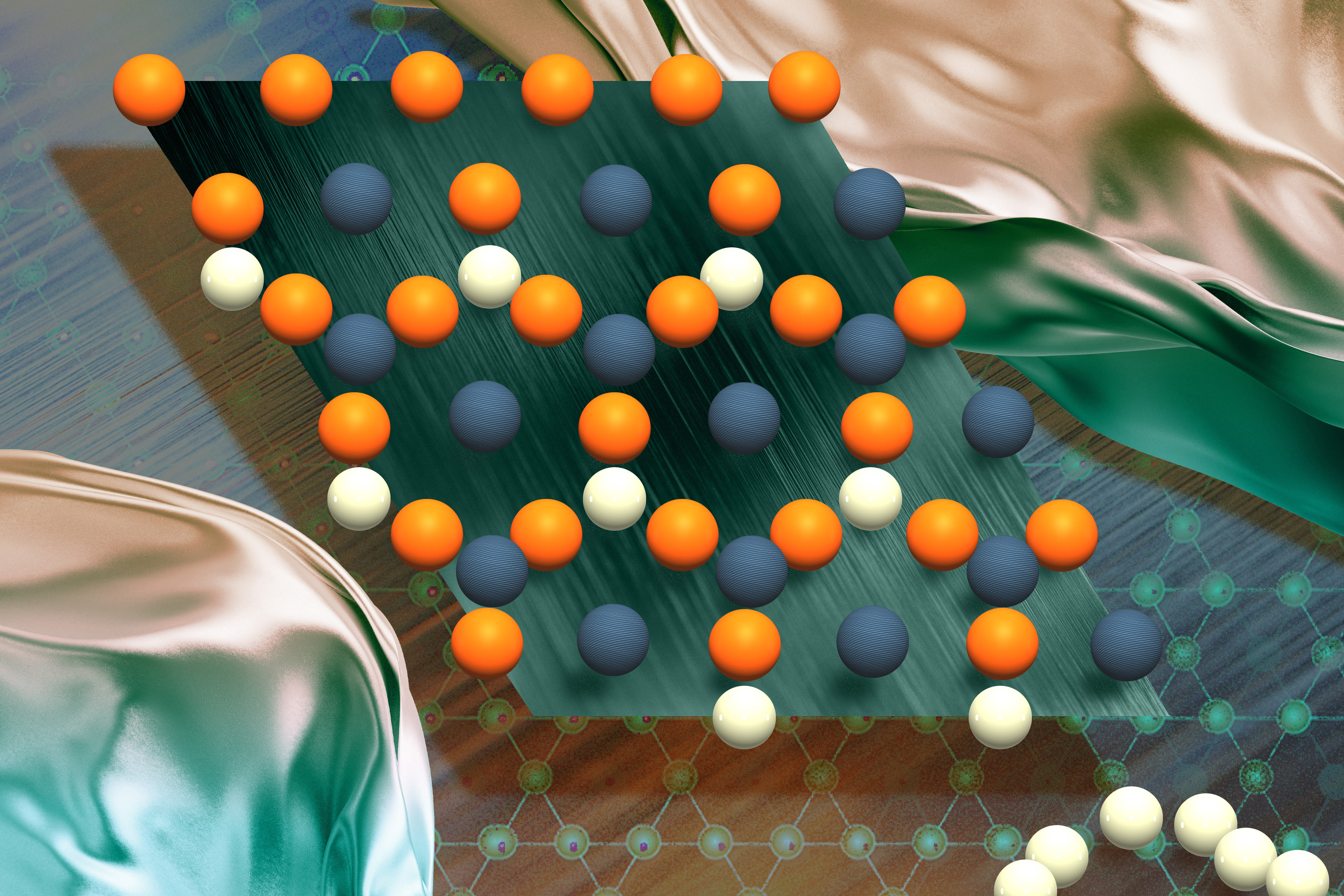
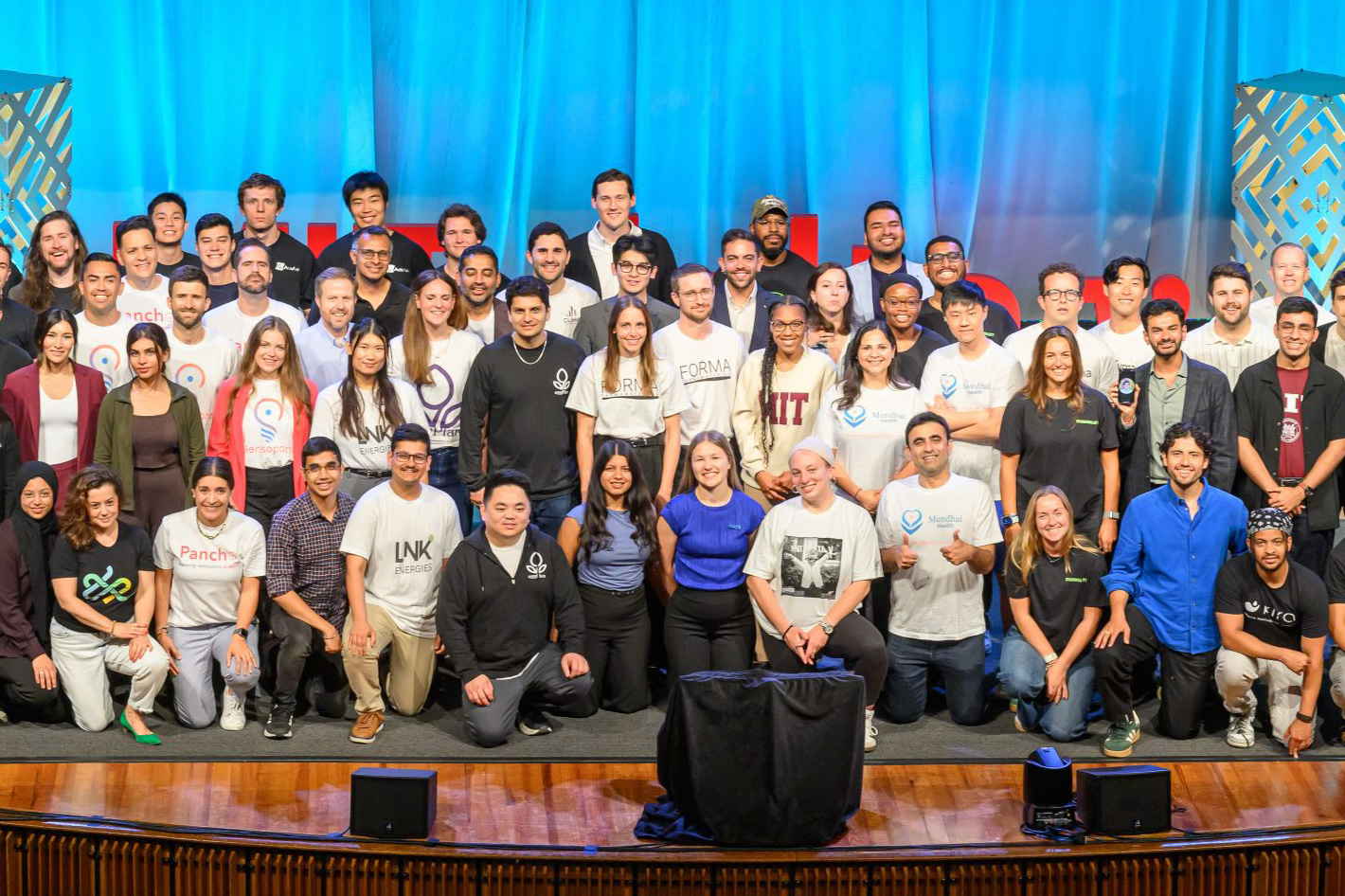









 English (US) ·
English (US) ·